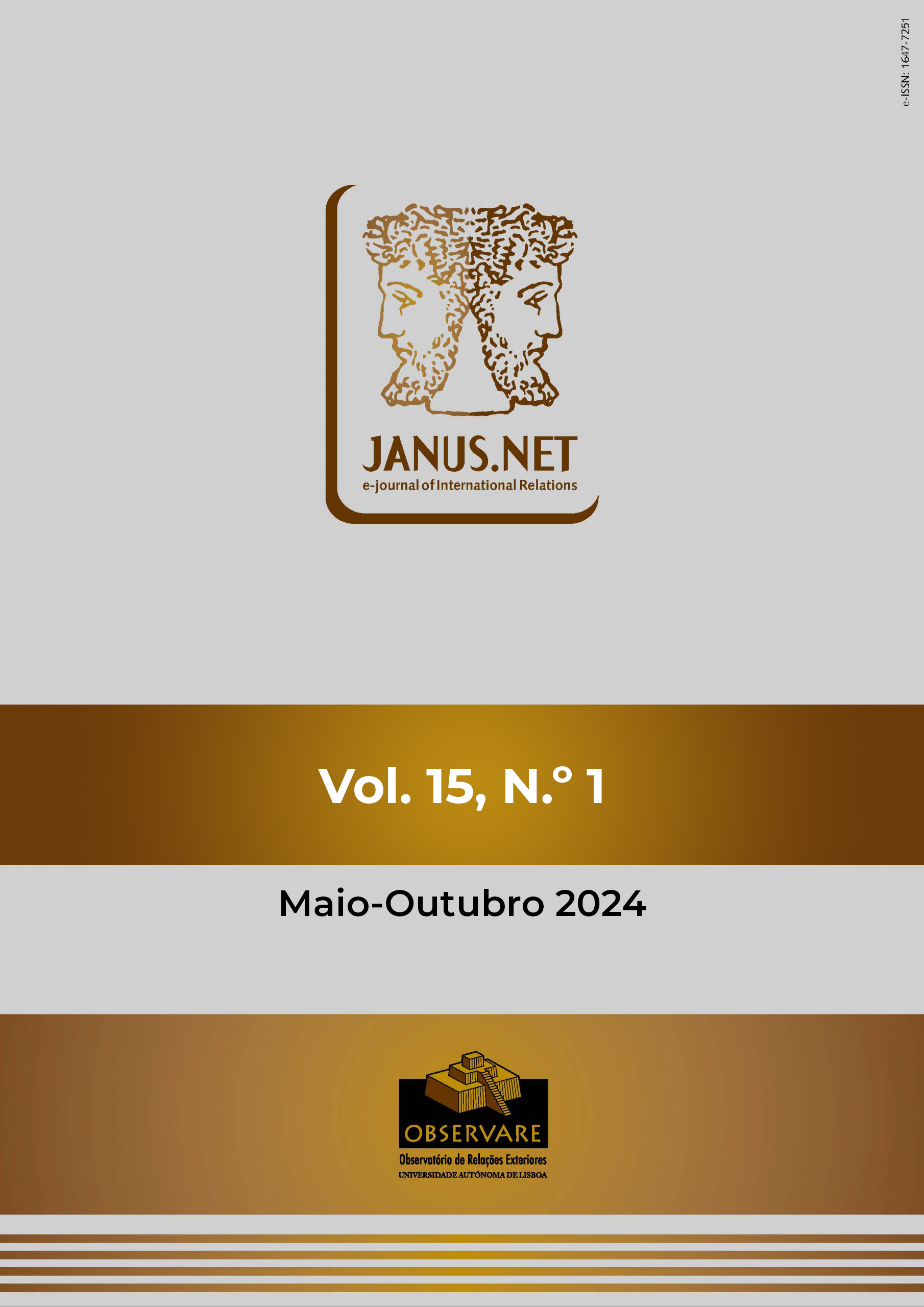LOSS OF A COMMON HORIZON: ALBA AND THE CONTRADICTIONS OF THE BOLIVARIAN REVOLUTION
DOI:
https://doi.org/10.26619/1647-7251.15.1.11Keywords:
ALBA, Bolivarian Revolution, social movements, hegemony, counter-hegemony, environment and developmentAbstract
This article deploys neo-Gramscian international relations theory to discuss how the Bolivarian Alliance for the Peoples of our America (ALBA) can be understood as an attempted transnationalisation of the counter-hegemonic historical bloc of social forces that originated with Venezuela’s Bolivarian Revolution. The Bolivarian Revolution inaugurated a protagonistic National Constitution which sought to give a central role to civil society and social movements in political life, enfranchising unrepresented people, like indigenous communities. ALBA consists of an attempt to transnationalise this movement by providing a model of regionalization for Latin America that constitutes an alternative to the neoliberal approach embodied in other regionalisation initiatives, such as the Free Trade Area of the Americas (FTAA). However, the article argues that ALBA’s success as a vehicle for the transnationalisation of counter-hegemony in Latin America has been severely compromised by emerging tensions and contradictions within the Bolivarian Revolution historical bloc, namely between the social movements and the central governments of ALBA’s member countries. These contradictions become particularly evident when analysing social movements’ struggles about the environmental impacts of massive infrastructure projects promoted by these governments as part of their overall national and regional strategy of economic development and poverty alleviation.


